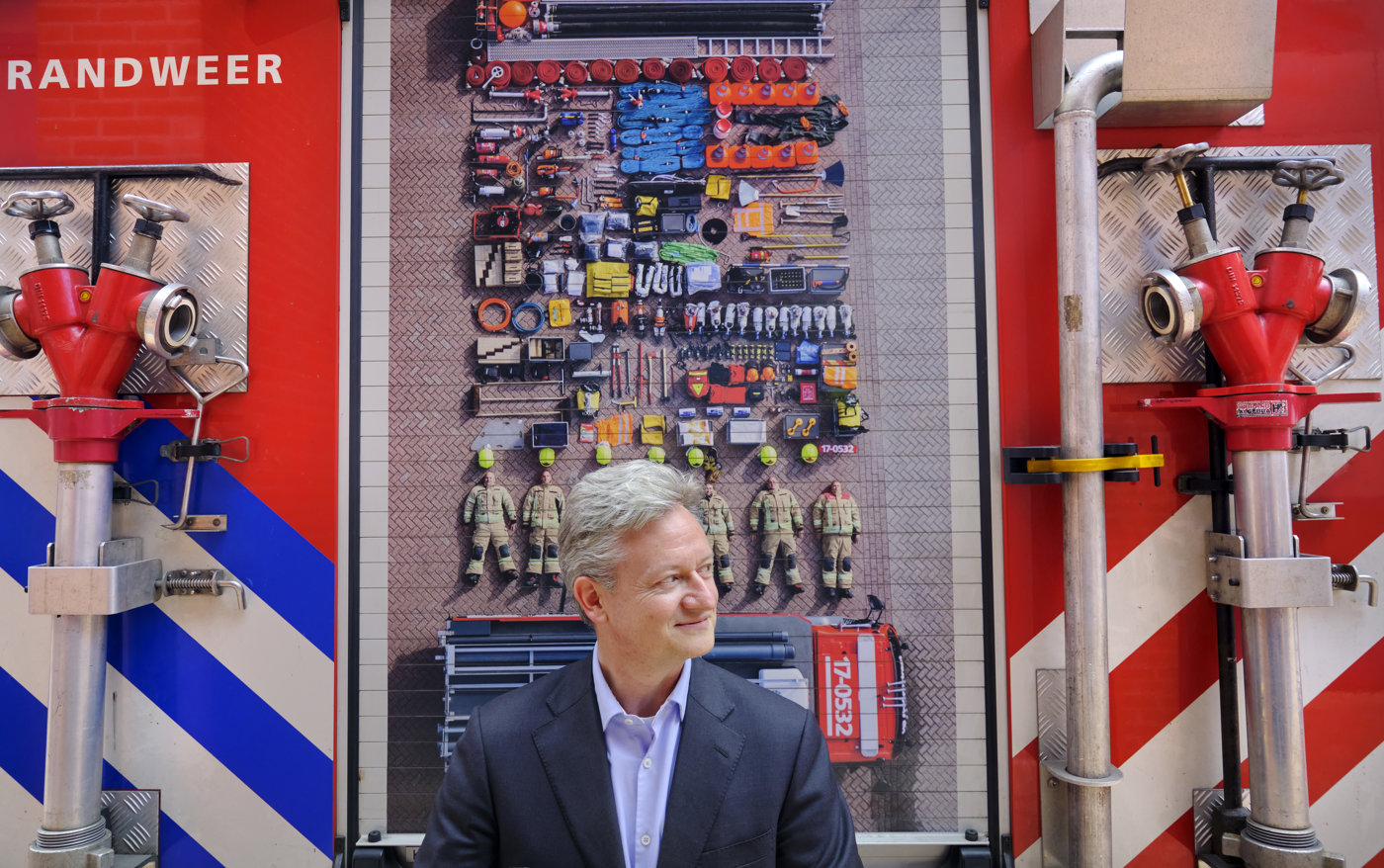587 Billion euros. That is APG’s total invested assets worldwide (end of May 2021). The goal: a good pension in a sustainable world for the funds’ participants. Naturally, the portfolio is broad. From investments in wind farms in Zeeland to shares in international hotel chains. And from safe bonds to the more volatile trade in gold or soy. Who are the people behind these investments? What drives them? What choices do they make? And why?
In this episode: Herman Kleeven, head of Focus Equities.
The Focus Equities investment portfolio has a strong long-term focus. Interests in companies are essentially taken for more than ten years. As the conversation kicks off, it is already clear why Kleeven is in this position. He is not interested in short-term results and believes in investing for the long term.
“We are sometimes put under too much pressure for the short term,” Kleeven believes: “Many investors say they focus on the long term, but the average holding period for a share is only nine months. The financial world is full of sprinters. Marathon runners are relatively rare.”
Kleeven is not surprised by this short-term pressure. “Reward structures are often designed to focus on short-term results. Incentives are usually given on an annual basis. In doing so, you create sprinters. With such a short investment horizon, you must, by definition, try to outsmart the rest. Otherwise you can’t beat the benchmark. But the equity sector attracts the smartest people in the world. And they all think they know better than the rest. That means you are competing against the world’s top sprinters and they’re not easy to beat. So, it might be better not to try to beat them at their own game. Maybe it’s better to focus on the marathon and invest for the long term.”
